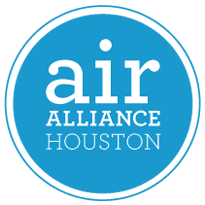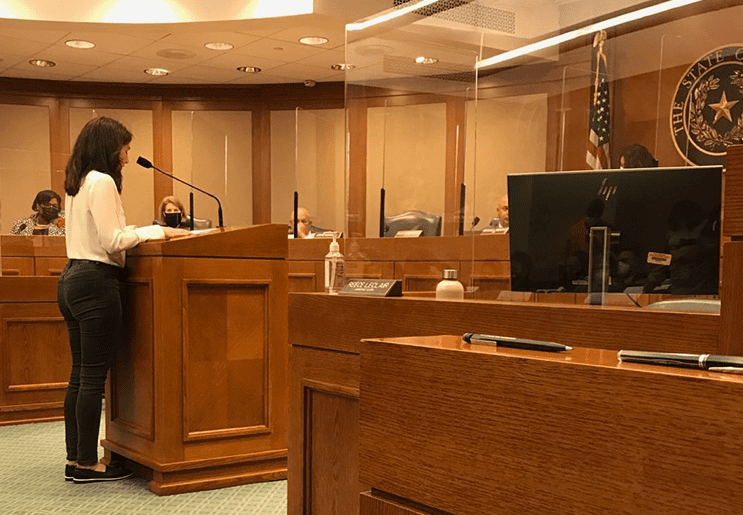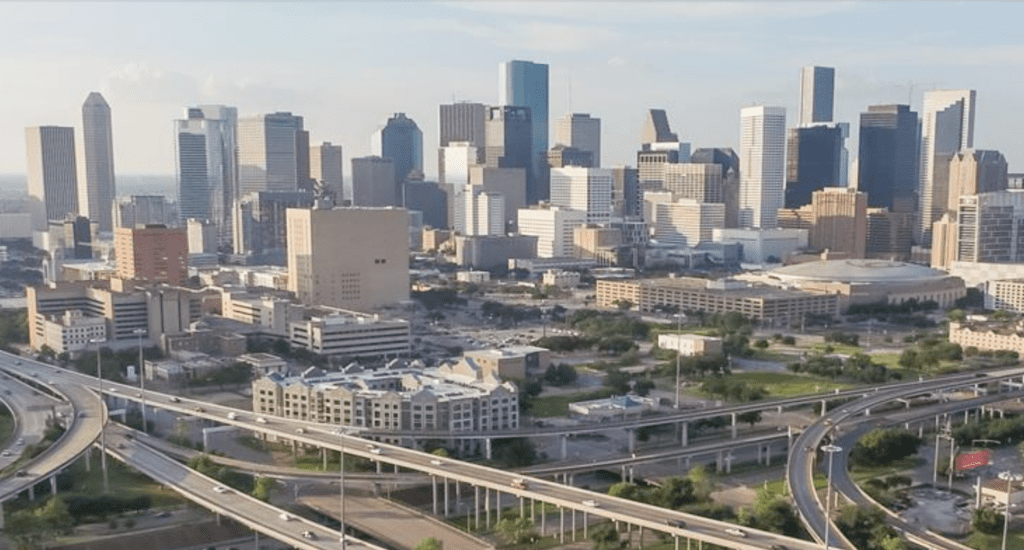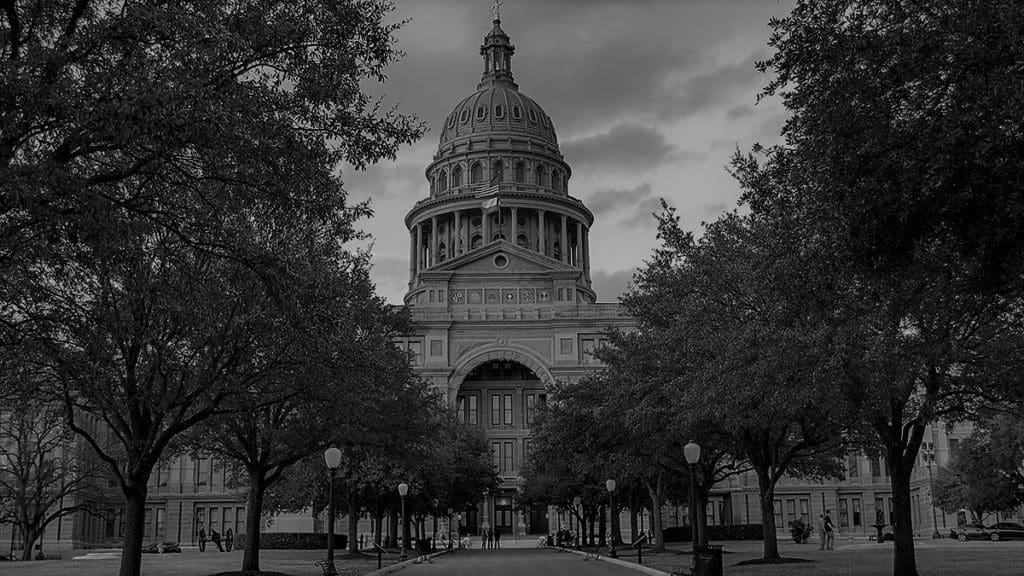Air Alliance Houston educates and advocates with policymakers at all levels of government to achieve clean air policies. We defend the Clean Air Act and work to advance protective statewide legislation during the Texas State Legislative Sessions.
We also monitor and respond to federal and state rules, standards, ordinances, and other administrative decisions that impact air quality in Houston and across the state. In some cases, we even serve as litigants in motions to compel the Environmental Protection Agency (EPA) or state regulators to act on clean air provisions.
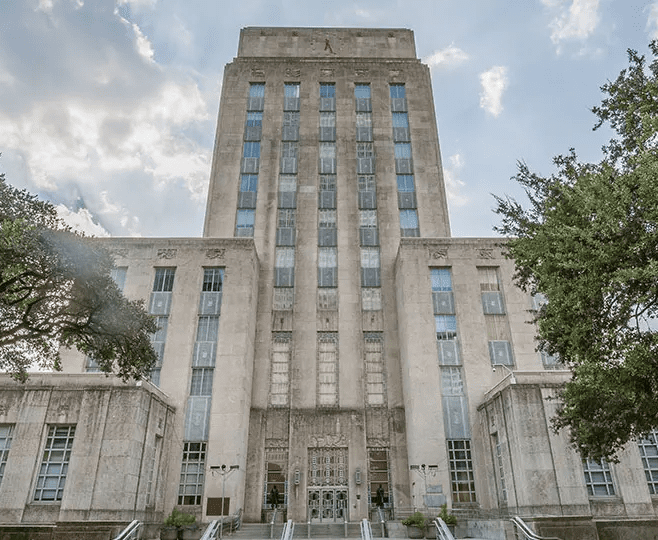
READ: Candidate Questionnaires Regarding Environmental and Safety Concerns
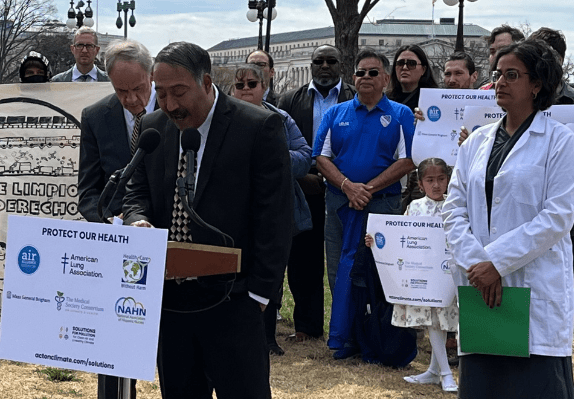
READ: Actions on core federal and state rules related to the Clean Air Act and activities of the Texas Commission on Environmental Quality
- Letter to the TCEQ Re: Setting a target cancer risk level of 1×10-6 for screening levels that are used in Texas’s air permitting program and compared to ambient air monitoring data – October 3, 2023
- Comments on the Reconsideration of the National Ambient Air Quality Standards for Particulate Matter – March 28, 2023
- A letter by a coalition of 60 advocacy groups urging Congress to vote No on repealing Good Neighbor Plan – July 18, 2023
- Letter to the EPA Re: Accidental Release Prevention Requirements: Risk Management Programs Under the Clean Air Act; Safer Communities by Chemical Accident Prevention – October 31, 2022
- Comments on the Sunset Commission Staff Report on the TCEQ – June 27, 2022
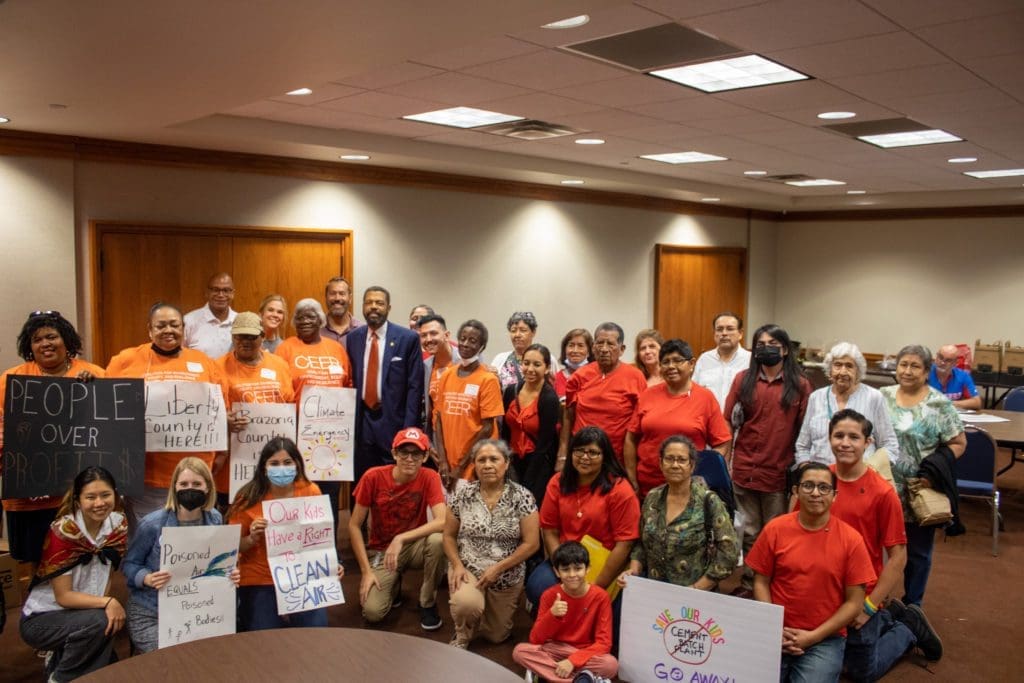
ENGAGE: Contact your representative
